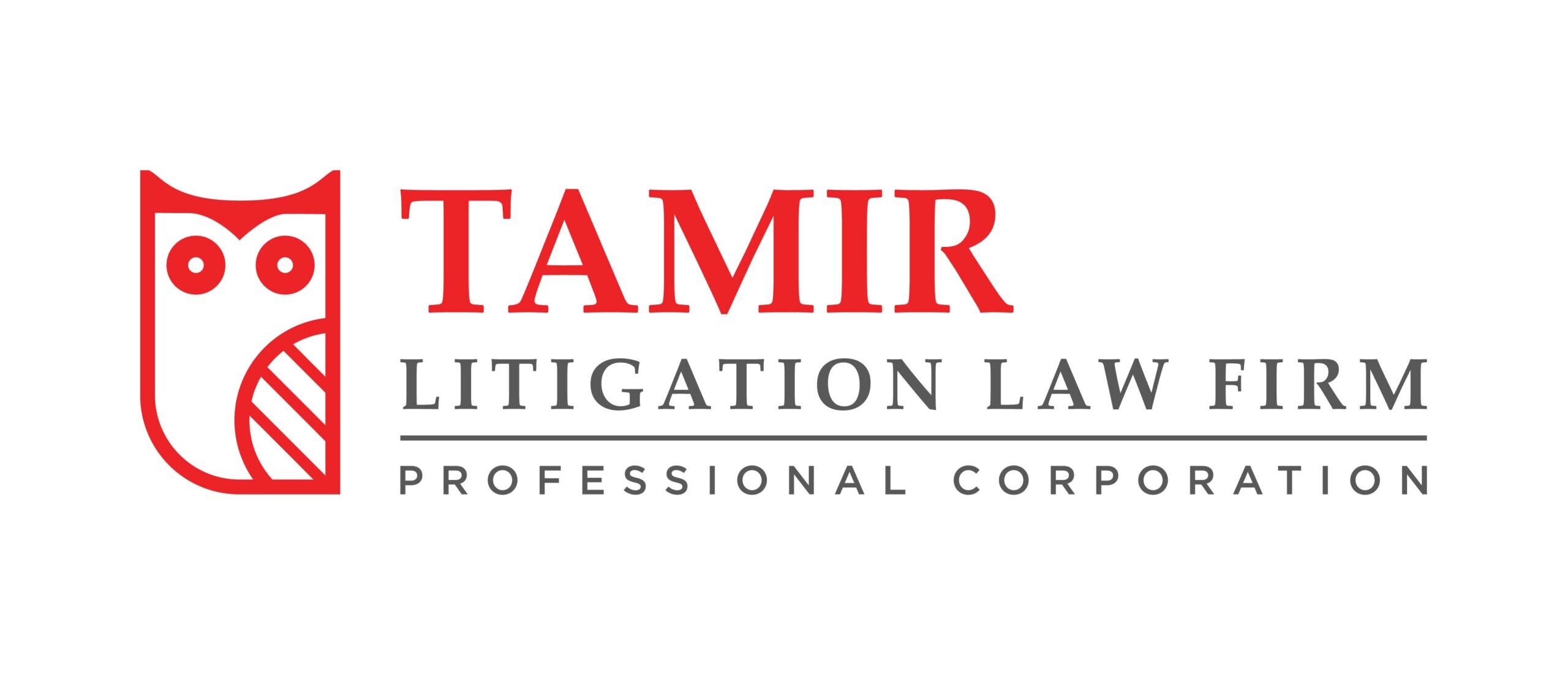Case Commentary: Law Society of Ontario v. Guiste, 2025 ONLSTA 17
In this notable Appeal Division decision, the Law Society Tribunal upheld a finding of professional misconduct against lawyer Ernest Guiste, imposed a three-month suspension, and confirmed an eye-catching costs award of $225,000. The decision reinforces fundamental expectations in professional discipline: how a licensee behaves during a proceeding, the type of evidence required to demonstrate insight and rehabilitation, and the importance of substantiating claims of financial hardship.
1. Your Conduct During the Hearing Matters
Disciplinary proceedings are not just about past behaviour. In Guiste’s case, the Tribunal relied heavily on his conduct during the penalty phase of the hearing as probative of his insight and remorse. Representing himself at that stage, Guiste repeatedly accused the hearing panel and Law Society counsel of racial bias and oppression, using inflammatory language such as: “this is a lynching,” “you’re the boss, I’m the slave,” and “I must shut up or be lynched.” He also described Law Society counsel as engaging in a “whitewash” and invoked Emmett Till’s name.
While the Appeal Division acknowledged that racial injustice and systemic bias are real and complex forces that may shape courtroom dynamics, it found that the Tribunal was entitled to treat this language as undermining Guiste’s credibility and as inconsistent with genuine remorse or rehabilitation.
2. Rehabilitation Requires More Than Symbolic Steps
Guiste submitted a psychologist’s report and letters of support at the penalty stage, asserting that he had taken steps toward reform. The Tribunal, however, gave this evidence limited weight. The psychologist had not been provided with a complete picture of Guiste’s prior misconduct or his previous promise to reform following a 2011 incivility finding.
Where there is a disciplinary history, particularly involving similar conduct, the Tribunal expects more than therapy attendance or supportive letters. The licensee must show demonstrable change in their approach and conduct, not just retrospective regret. The evidence must reflect insight, learning, and consistent professional behaviour over time.
3. Evidence of Financial Hardship Must Be Concrete
Guiste also argued that he was unable to work at previous levels due to a cancer diagnosis. The Tribunal acknowledged the claim but noted that no documentation was submitted to support it. Citing Law Society of Ontario v. Perrelli, 2018 ONLSTH 80 (CanLII) the Appeal Division reiterated that financial hardship can be considered in determining costs but must be proven with clear evidence.
Absent that evidence, the panel declined to reduce what was already a significant award. The costs reflected the lengthy and complex nature of the hearing, including motions, expert testimony, and the volume of evidentiary materials considered. The panel was also influenced by Guiste’s prior discipline and the persistence of problematic conduct across multiple matters.
Conclusion: Evidence Rules the Day
This case is a cautionary reminder that disciplinary hearings demand more than words and intentions. Conduct during the hearing itself will be scrutinized. Allegations of bias, no matter how sincerely felt, must be advanced through proper procedural channels. Rehabilitation must be substantiated by more than paper credentials. And mitigation of penalty or costs will not be granted without evidence.
In discipline, as in advocacy, demonstration is everything.
This commentary is for informational purposes only and does not constitute legal advice.
For more information on our regulatory defence for lawyers and paralegals click here.
Contact Us
Facing a LSO complaint or discipline process? Don’t wait until it escalates. Contact Tamir Litigation Law Firm today at 416-499-1676 or visit tamirlitigation.com to learn how you can protect your licence and your reputation. You can also message us on WhatsApp for a free initial chat.

